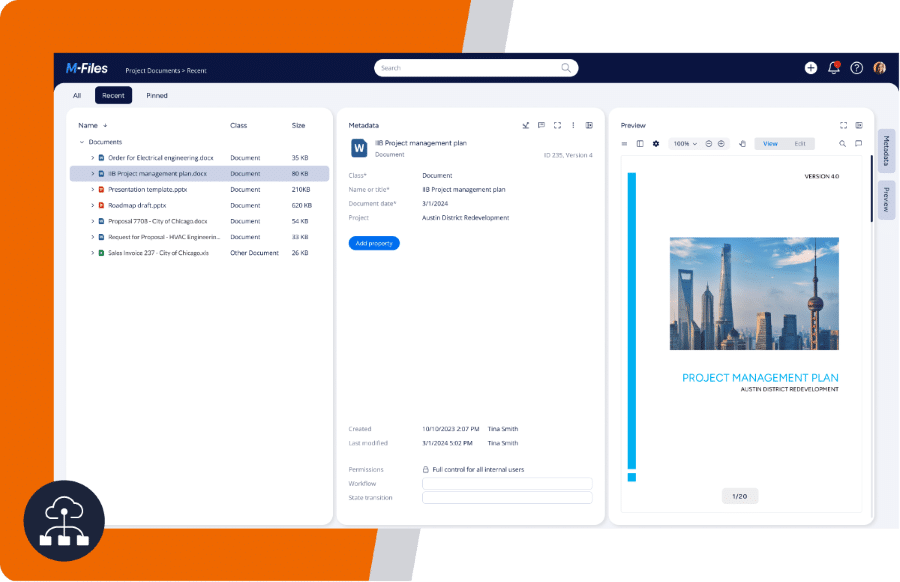Digital Transformation Dream Team: 6 Key IT Roles for Success

The digital transformation journey is complex and demanding, but its impact on business success is undeniable. Central to this transformation is a robust IT department equipped with the right talent. In this post, we'll explore six critical IT roles that can propel your organization forward.
The IT Department: Key to Digital Transformation Success
Your IT department is the backbone of your digital transformation. By assembling a team of skilled professionals, you can navigate challenges, seize opportunities, and achieve your business goals.
6 Essential IT Roles for a Seamless Transformation
Cloud Specialists: Navigating the Digital Landscape
Cloud migration is a cornerstone of digital transformation. Cloud specialists are essential for planning, executing, and managing your cloud journey. They ensure seamless operations, mitigate risks, and optimize cloud resources.
Systems Integrators: Building Your Tech Ecosystem
Systems integrators are the architects of your technology landscape. They combine hardware, software, and networking components to create a cohesive and efficient environment. Their expertise aligns technology with business objectives, enhancing productivity and innovation.
Information Security Team: Protecting Your Digital Assets
In today's threat-filled landscape, information security is paramount. Your security team safeguards sensitive data, prevents breaches, and maintains compliance. They are the guardians of your digital assets.
Data Analysts: Unlocking Insights from Your Data
Data is the lifeblood of modern businesses. Data analysts transform raw data into actionable insights. They uncover trends, identify opportunities, and inform strategic decision-making.
User Experience Designers: Shaping a Positive User Journey
A seamless user experience is crucial for employee satisfaction and productivity. User experience designers create intuitive interfaces and workflows, enhancing user adoption and overall system effectiveness.
Information Management Specialists: Unifying Your Information
Effective information management is essential for digital transformation success. Information management specialists ensure data accessibility, accuracy, and security. By implementing a robust information management platform like M-Files, you can streamline processes, improve collaboration, and make informed decisions.

Conclusion
A well-rounded IT team is the cornerstone of a successful digital transformation. By investing in cloud specialists, systems integrators, information security experts, data analysts, user experience designers, and information management specialists, you position your organization for growth and innovation.
Empower your IT team for a successful digital transformation. Learn how M-Files information management can streamline your data flow and boost productivity. Schedule a free demo today to discover how M-Files can be your organization's information management partner.









